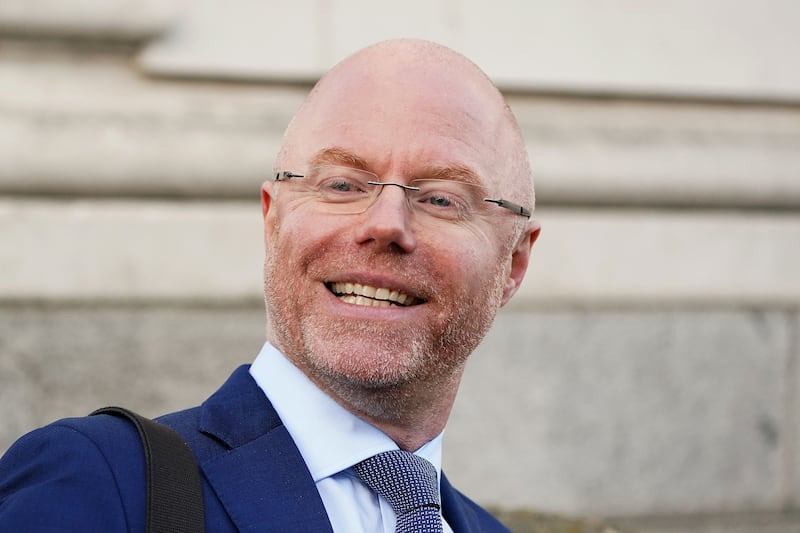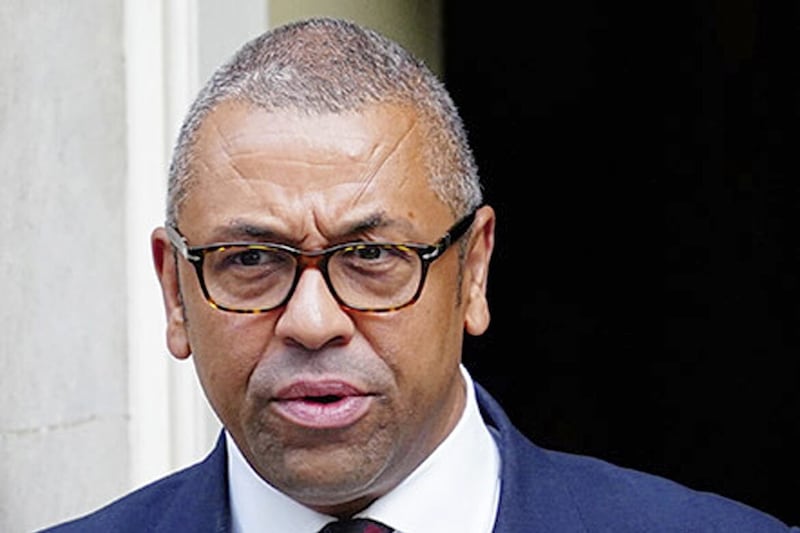ROBIN Swann's warning that patients are at risk if the Irish Sea border forces pharmaceutical firms to withdraw medicines from the north should be a "wake-up call" for Brussels and the British government, Ulster Unionist leader Doug Beattie has said.
The health minister's warning is contained in a briefing paper shared this week with fellow executive ministers and Stormont officials.
Mr Swann said he had "deep concerns about the risk to patient health and maintaining vital medical supplies" and has called for a "standstill" which would mean an extension of the protocol grace period.
Most of the north's medicines from come from distributors in Britain but are still covered by EU rules.
When the protocol grace period ends, more than 900 medicines are due to be withdrawn, with more than twice that number potentially unavailable.
Mr Beattie said while there was no immediate shortage of medicines, it was likely there would be if no action was taken.
"This isn't scaremongering – it is the practical out-workings of the NI Protocol and there is a practical solution," he said.
"The UK government now needs to follow through on its proposal in the command paper it published in July and ‘remove all medicines from the scope of the protocol entirely’."
The Ulster Unionist leader said he had written to European Commission vice-president Maroš Šef?ovi? in June "calling on the EU to show pragmatism" on this issue.
Mr Beattie said Mr Šef?ovi? responded by saying that the "EU will table a legislative proposal in the early autumn".
"That won`t deal with this issue – it's simply too little and too late," he said.
"Pharmaceutical companies have already issued their notices to withdraw supply from Northern Ireland next year and will continue to do so. They need reassurance that solutions will be produced in a timely manner that they can work with."
The Ulster Unionist leader said a "united response" was required from the executive, the British government and Brussels.
Stormont health committee chairman Colm Gildernew told the BBC there were issues of "huge concern" that required a "focused piece of work".
He said he believed the issue was "too important for unilateral action" and that he wanted "dedicated and urgent bilateral negotiations building on the good will that exists".
The Sinn Féin MLA said no one wanted to see medicines interrupted and that he understood the concerns and the uncertainty around it.







